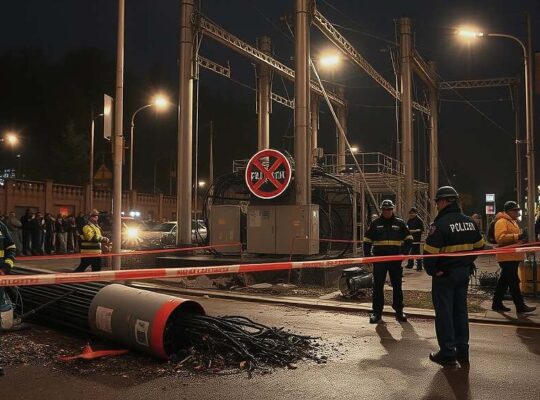The German government is proposing a localized “square meter cap” as part of its upcoming overhaul of the citizen’s income system, designed to combat fraud involving dilapidated and substandard properties. Labour Minister Bärbel Bas, of the Social Democratic Party (SPD), announced the measure in an interview with “Bild am Sonntag”, framing it as a direct response to exploitative practices targeting vulnerable citizens.
The proposed square meter cap would empower municipalities to limit housing costs for citizens receiving citizen’s income, effectively curbing the exorbitant rates often charged by criminal organizations exploiting the system. These operations reportedly involve packing multiple individuals into substandard housing – often nicknamed “scrap properties” – and billing the state at rates equivalent to single-person apartment rentals, leading to alleged double-digit prices per square meter. The cap aims to prevent this practice from continuing.
However, the initiative is already generating internal friction within the governing coalition. The Christian Democratic Union (CDU), represented by General Secretary Carsten Linnemann, anticipates significant savings – potentially billions of euros – through the planned reforms. Linnemann stressed that any reform must demonstrably reduce costs and facilitate quicker integration into the workforce, signalling a strong emphasis on fiscal responsibility.
Labour Minister Bas, while acknowledging the need for savings, diverged from this assessment, prioritizing job creation and economic growth as the primary drivers of long-term stability in the social safety net. She asserted that the coalition is largely aligned on using the reform to facilitate employment, suggesting that substantial savings will flow organically from a stronger economy and reduced reliance on social welfare. This difference in perspective highlights fundamental disagreements regarding the core objectives and expected outcomes of the citizen’s income reform, raising questions about the overall impact and political feasibility of the proposed square meter cap. The degree to which this measure will genuinely tackle fraud versus simply restricting access to essential housing remains a point of contention and potential political vulnerability.












